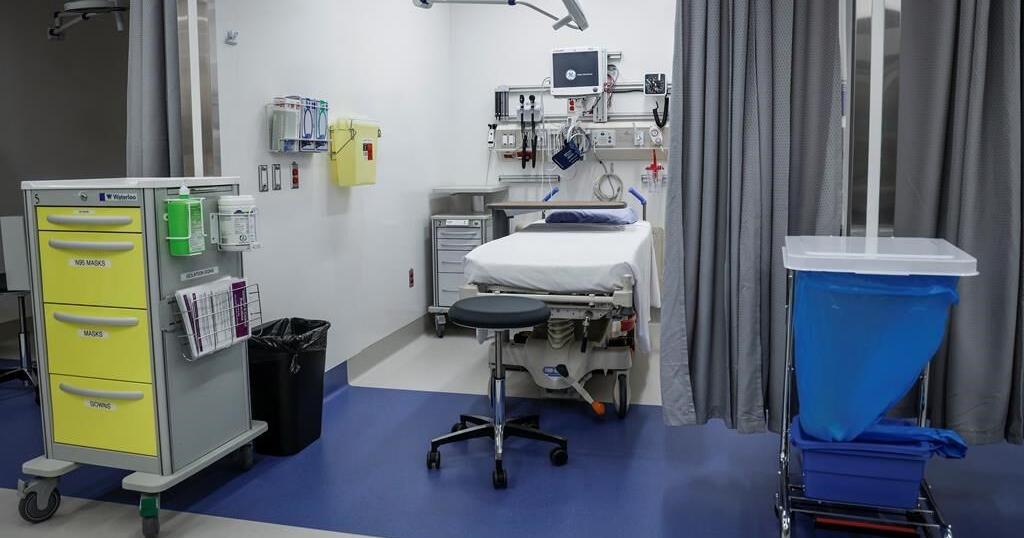OTTAWA – The Canadian Medical Association says there should be better tracking of health care spending, following health care agreements the federal government has signed with the provinces and territories.
The doctors’ group has released a new report calling for a greater commitment to tracking improvements in delivery and patient outcomes, citing the complexity of the deals.
It says the report outlines gaps in the agreements, such as that no province or territory has set targets for eliminating emergency room closures.
The medical association wants to establish a national health accountability officer, who would be focused on tracking progress and reporting on the efficiency of health care spending.
Last year, Ottawa announced $196 billion in funding over 10 years to improve access to health care, of which about $45 billion was new money.
Provinces and territories were asked to improve data sharing and measure progress in exchange for funds. In March, Quebec became the last province to sign on.
The association says the report found five provinces and territories don’t have targets for electronic access to health data and seven don’t have targets for information sharing.
It says it urges “all levels of governments to embrace proven solutions to ensure this historic-level funding truly transforms our health system.”
The group says more than 6.5 million Canadians don’t have a primary care physician, “surgical backlogs remain substantial, and the human health resource shortage is overwhelming.”
Association president Joss Reimer says in a statement “enhanced accountability is crucial to successfully implementing durable changes in our health care system.”
This report by The Canadian Press was first published Sept. 9, 2024.
